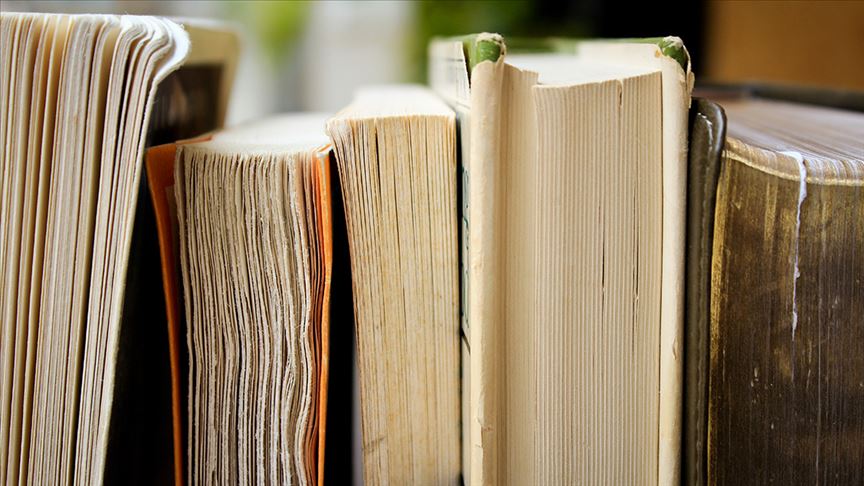
The Ottoman archives began to be open right after the Second World War and Bernard Lewis (1916-2018) was one of the first non-Turkish historian, if not the first, to work here, by 1949.[1] A decree of 1989 simplified the conditions of access and Ara Sarafian was, by 1991, the first supporter of the “Armenian genocide” label to work in these archives, Hilmar Kaiser being the second, by 1995. The practical conditions of access greatly improved from 1999 to late 2000s and no serious critique can be raised today, including as far as the military archives are concerned,[2] still less as an intensive policy of publication and translation of documents has been implemented.[3]
Totally different is the situation of the Armenian archives (except the Shishmanian papers, at the Hoover Institution, which are in free access after a registration with an identity document). In the case of the Armenian Revolutionary Federation (Dashnaktsutyun), this party has claimed several times, since 2000s, to provide an access to its historical documents, but each time, it has been proved false. In the documentary movie Sarı Gelin (2005), Stefano Trinchese, professor of history at the University of Chieti (Italy) has explained that he had sent a letter to the ARF, asking for an access to the party’s archives but never obtained a reply, even a negative one. In June 2008, Göknur Akçadağ, associate professor at the İnönü University of Malatya, obtained a negative response to her request to work at the ARF’s archives, the person in charge arguing that it was only a temporary problem of access. Six months later, the ARF announced the creation of an archives institute, which was supposed to fix the problems of access.[4] Yet, Ms. Akçadağ never actually could work here. Similarly, the author of these lines sent in vain emails to this institute, in July 2014 and even called it in vain, the next month (from Boston, Massachusetts). It proves that the institute in itself is not designed for free access.
It is true that Dikran Kaligian wrote his PhD dissertation on the ARF in the Ottoman Empire from 1908 to 1914, largely in using the documents of this party, but Mr. Kaligian is an ARF official. Even more problematically, the published version of this dissertation[5] is silent on the assassination of Bedros Kapamaciyan, the mayor of Van (eastern Anatolian) by the ARF in December 1912, as Kapamaciyan was a supporter of the Committee Union and Progress[6] (even the name of Kapamaciyan is absent from the index). If Mr. Kaligian chooses to ignore facts that are known without any access to the ARF archives, it is legitimate to fear that he hides also facts that cannot be known without such an access. And anyway, I had written to him, too, in August 2014, asking if he could help to obtain the permission to work in the ARF archives. He never answered.
More recently, in November 2018, nationalist Armenian writer Aram Arkun has announced: “For the first time in their history, a substantial portion of the archives of the Armenian Revolutionary Federation (ARF) and the first Republic of Armenia, held in the Hairenik Building in Watertown, have been opened to the public.”[7] Yet, the article ends with a strange sentence: “Those who are interested in seeing the archives should contact George Aghjayan via email at sakratpalu@gmail.com.” Logically, Mr. Arkun should have suggested the readers to consult the website of the ARF’s archives Institute, where they would find, for the first time, information on the opening time, the regulation of the reading room, etc. Actually, this website is not active anymore. Regardless, I sent an email to Mr. Aghjayan on 11 June 2019:
“Mister Aghjayan,
Having read this article: https://mirrorspectator.com/2018/11/01/arf-archives-open-to-the-public-for-first-time/ I would like to know if you can confirm that the documents of the period 1890-1926 are actually available and if, as a result, I could work at your archive, for instance during winter 2019-2020 (reasons of calendar make any trip to the U.S. quite difficult before that season). I would like see, in particular, documents for the 1912-1923 years, especially the activities of the Van chapter of the ARF in 1912-1914, the relations of the Republic of Armenia (1918-1920) with France and the Lausanne conference.
Kind regards,
Maxime Gauin
Scholar in residence at the Center for Eurasian Studies”
The reader can notice that I did not even mention the First World War. Yet, I have waited for a reply for a week, in vain. Exactly one week later, I re-sent the email, as a technical incident can always happen. Twice the same incident, the same month, between the two same email accounts is much less likely to happen. Yet, more than a week after having re-sent that email, I am still waiting for a response.
Unless the ARF reacts to the publication of this article in arguing that all this story is nothing but a terrible misunderstanding and that I am welcome in Watertown next winter, the only reasonable conclusion is that the new announcement of the opening of this party’s archives is misleading, and that this political organization definitely have things to hide. This is not specific to the ARF: Even the exact address of archives of the Hunchak party, in Los Angeles, remains unknown; and my demands to work in the Ramkavar archives in Paris have been made in vain, in 2012 and 2013. In 2017, Raymond Kévorkian, the ex-curator of the Nubar Library (where these archives are located), not without losing his calm, had to admit that I was not welcome here. As such, it can be argued that the three traditional nationalist parties of the Armenian diaspora have the following policy: Claiming that the Turks “must face their past” and denying access to their internal documents of the same period.
[1] Bernard Lewis, Notes and Documents from the Turkish Archives. A contribution to the history of the Jews in the Ottoman Empire (Jerusalem: The Israel Oriental Society, 1952); Bernard Lewis, “Studies in the Ottoman Archives—I,” Bulletin of the School of Oriental and African Studies, XVI, 1954, s. 469-501.
[2] Yücel Güçlü, Historical Archives and the Historians’ Commission to Investigate the Armenian Events of 1915 (Lanham-Boulder-New York: University Press of America, 2015), s. 71-73.
[3] See, for example: Hikmet Özdemir and Yusuf Sarınay (ed.), Turkish-Armenian Conflict Documentsv(Ankara: TBMM, 2007); Turkish General Staff (ed.), Armenian Activities in the Archive Documents (Ankara: ATASE, 2005-2008); Turkish General Staff (ed.), Romaic Activities in the Archive Documents (Ankara, ATASE, 2009).
[4] Yücel Güçlü, Historical archives and…, s. 121-122.
[5] Dikran Kaligian, Armenian Organization and Ideology under the Ottoman Rule, 1908-1914 (New Brunswick-London: Transaction Publishers, 2009).
[6] Hasan Oktay, “On the Assassination of Van Mayor Kapamaciyan by the Tashnak Committee,” Review of Armenian Studies, no. 1, 2002, s. 79-89; Kapriel Serope Papazian, Patriotism Perverted (Boston: Baikar Press, 1934), s. 69.
[7] Aram Arkun, “ARF Archives Open to the Public for First Time,” Mirror Spectator, November 1, 2018, https://mirrorspectator.com/2018/11/01/arf-archives-open-to-the-public-for-first-time/
© 2009-2025 Center for Eurasian Studies (AVİM) All Rights Reserved
-
Kurt - Thanks, Maxime
Merci beaucoup, Monsieur Gauin, for your courage and honesty, and integrity. 14.01.2020
-
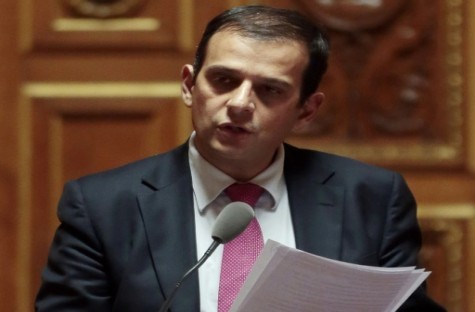 PROMINENT SUPPORTER OF ARMENIAN LOBBIES IN FRANCE SENTENCED FOR CORRUPTION
PROMINENT SUPPORTER OF ARMENIAN LOBBIES IN FRANCE SENTENCED FOR CORRUPTION
Maxime GAUIN 22.10.2015 -
 THE ARCHIVES OF THE ARF-DASHNAK REMAIN CLOSED
THE ARCHIVES OF THE ARF-DASHNAK REMAIN CLOSED
Maxime GAUIN 28.06.2019 -
 FROM TERRORISM TO INVASION AND MASSACRE: GILBERT LEVON MINASSIAN
FROM TERRORISM TO INVASION AND MASSACRE: GILBERT LEVON MINASSIAN
Maxime GAUIN 28.02.2025 -
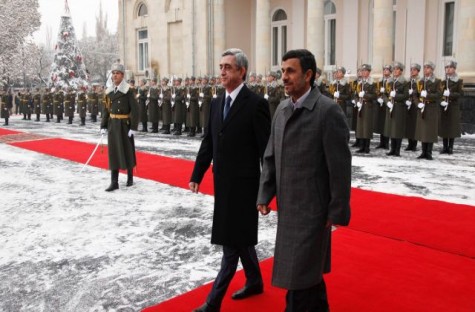 BAKU TO THE FUTURE: AZERBAIJAN, NOT ARMENIA, IS ISRAEL'S TRUE ALLY
BAKU TO THE FUTURE: AZERBAIJAN, NOT ARMENIA, IS ISRAEL'S TRUE ALLY
Maxime GAUIN 10.11.2014 -
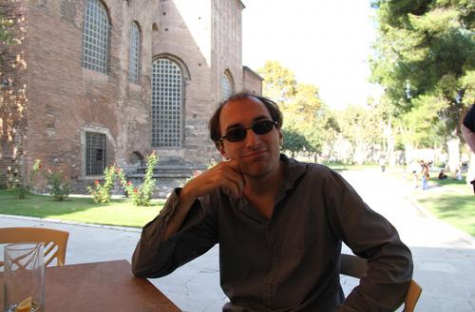 WHAT KIND OF “RECONCILIATION” IS THE HRANT-DINK FOUNDATION PROMOTING?
WHAT KIND OF “RECONCILIATION” IS THE HRANT-DINK FOUNDATION PROMOTING?
Maxime GAUIN 19.03.2015
-
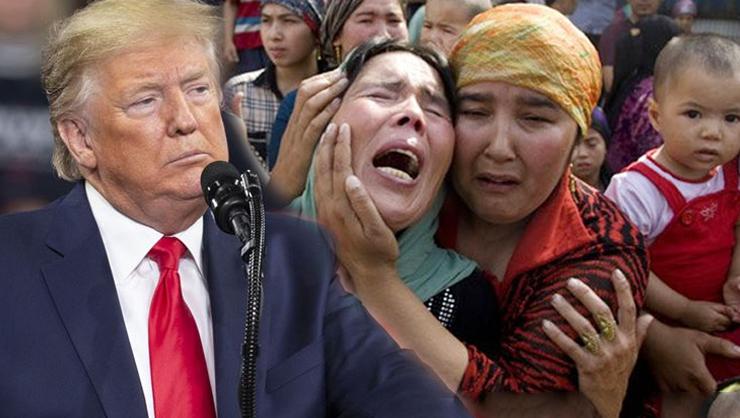 US PRESIDENT TRUMP’S DECISION TO IMPOSE SANCTIONS AND UIGHUR TURKS
US PRESIDENT TRUMP’S DECISION TO IMPOSE SANCTIONS AND UIGHUR TURKS
AVİM 30.06.2020 -
GERMANY’S POLITICAL MANEUVERINGS REGARDING THE EVENTS OF 1915
Mehmet Oğuzhan TULUN 02.03.2016 -
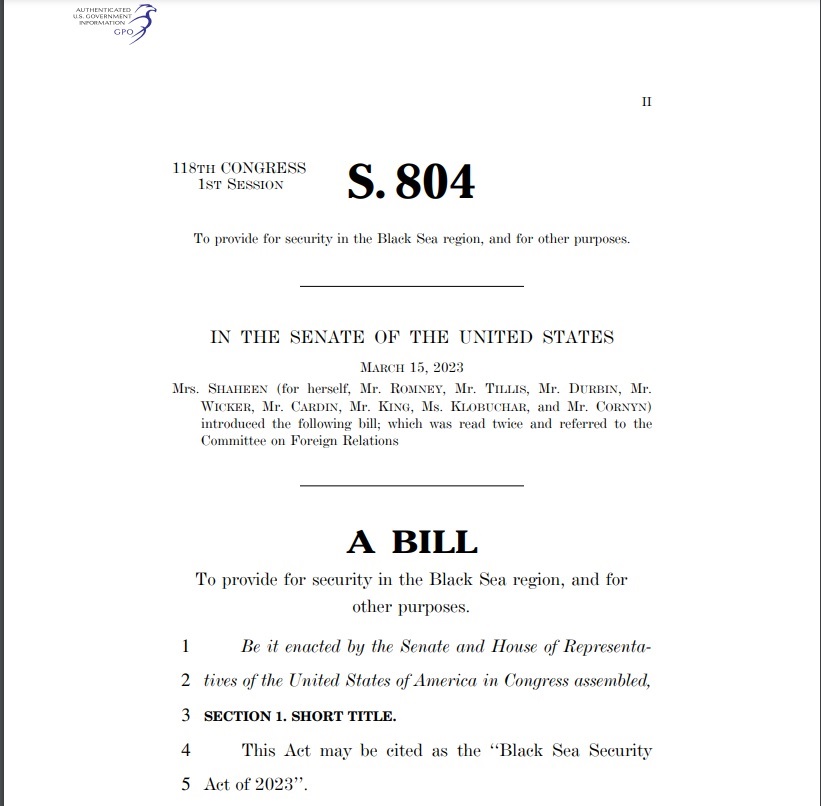 “WHAT HAPPENS IN THE BLACK SEA DOES NOT STAY THERE:” THE CONTOURS OF THE US’S BLACK SEA STRATEGY
“WHAT HAPPENS IN THE BLACK SEA DOES NOT STAY THERE:” THE CONTOURS OF THE US’S BLACK SEA STRATEGY
Turgut Kerem TUNCEL 29.11.2023 -
 ARMENIANS, TURKS AND THE SHADOW OF HISTORY
ARMENIANS, TURKS AND THE SHADOW OF HISTORY
İbrahim KALIN 28.04.2014 -
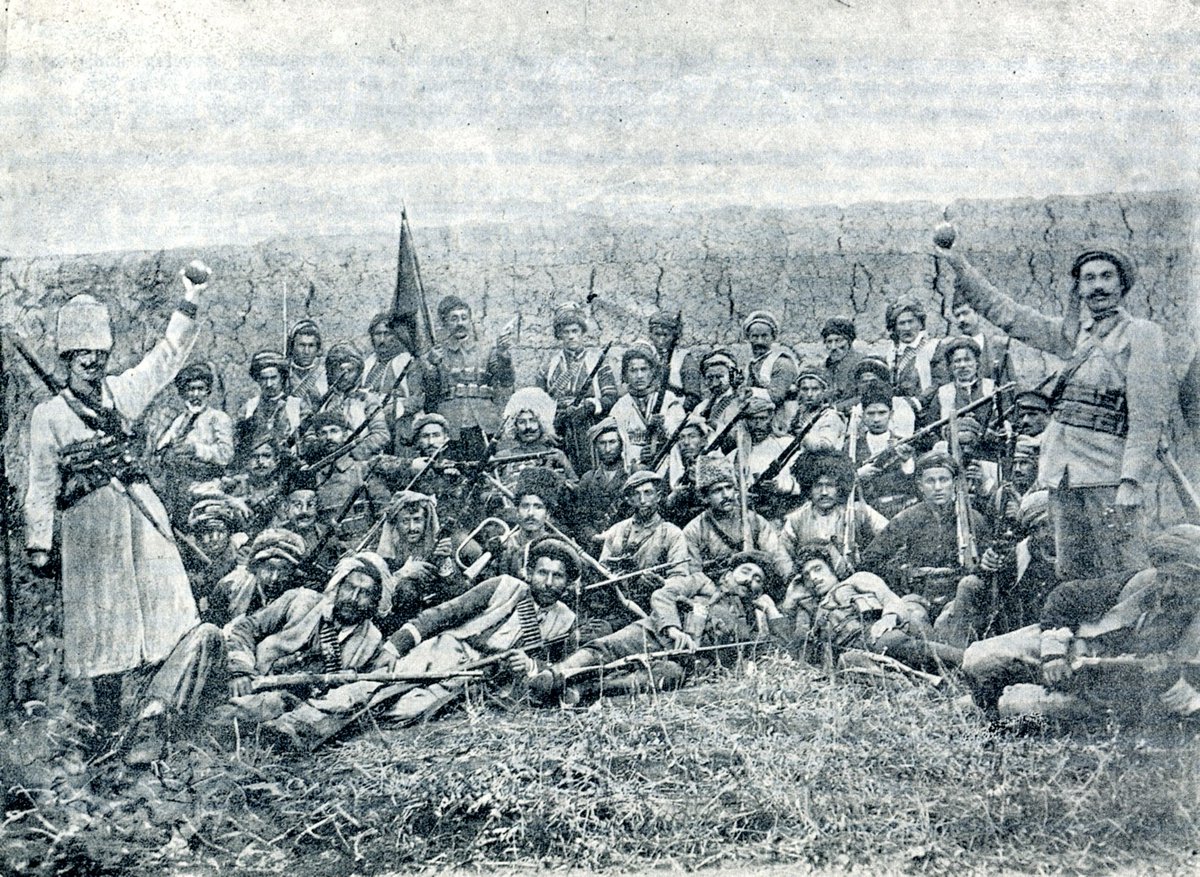 A REVIEW OF THE 1915 VAN REVOLT - BEFORE AND AFTER, ARGUMENTS AND DISTORTIONS
A REVIEW OF THE 1915 VAN REVOLT - BEFORE AND AFTER, ARGUMENTS AND DISTORTIONS
Ahmet Can ÖKTEM 06.09.2021
-
25.01.2016
THE ARMENIAN QUESTION - BASIC KNOWLEDGE AND DOCUMENTATION -
12.06.2024
THE TRUTH WILL OUT -
27.03.2023
RADİKAL ERMENİ UNSURLARCA GERÇEKLEŞTİRİLEN MEZALİMLER VE VANDALİZM -
17.03.2023
PATRIOTISM PERVERTED -
23.02.2023
MEN ARE LIKE THAT -
03.02.2023
BAKÜ-TİFLİS-CEYHAN BORU HATTININ YAŞANAN TARİHİ -
16.12.2022
INTERNATIONAL SCHOLARS ON THE EVENTS OF 1915 -
07.12.2022
FAKE PHOTOS AND THE ARMENIAN PROPAGANDA -
07.12.2022
ERMENİ PROPAGANDASI VE SAHTE RESİMLER -
01.01.2022
A Letter From Japan - Strategically Mum: The Silence of the Armenians -
01.01.2022
Japonya'dan Bir Mektup - Stratejik Suskunluk: Ermenilerin Sessizliği -
03.06.2020
Anastas Mikoyan: Confessions of an Armenian Bolshevik -
08.04.2020
Sovyet Sonrası Ukrayna’da Devlet, Toplum ve Siyaset - Değişen Dinamikler, Dönüşen Kimlikler -
12.06.2018
Ermeni Sorunuyla İlgili İngiliz Belgeleri (1912-1923) - British Documents on Armenian Question (1912-1923) -
02.12.2016
Turkish-Russian Academics: A Historical Study on the Caucasus -
01.07.2016
Gürcistan'daki Müslüman Topluluklar: Azınlık Hakları, Kimlik, Siyaset -
10.03.2016
Armenian Diaspora: Diaspora, State and the Imagination of the Republic of Armenia -
24.01.2016
ERMENİ SORUNU - TEMEL BİLGİ VE BELGELER (2. BASKI)
-
AVİM Conference Hall 24.01.2023
CONFERENCE TITLED “HUNGARY’S PERSPECTIVES ON THE TURKIC WORLD"









